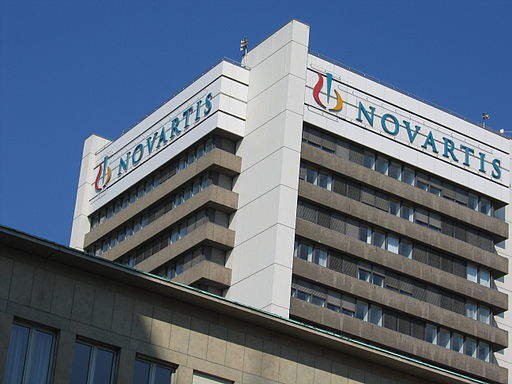
Novartis has announced plans to invest more than $100m into the research and development of next-generation antimalarial treatments over the next five years.
The decision comes in conjunction with the seventh Multilateral Initiative on Malaria Conference and Malaria Summit of the Commonwealth Heads of Government meeting.

Discover B2B Marketing That Performs
Combine business intelligence and editorial excellence to reach engaged professionals across 36 leading media platforms.
The pharmaceutical giant aims to contribute to the World Health Organisation’s (WHO) target to reduce malaria-related child mortality by at least 90% by 2030, through improving access to paediatric antimalarials, setting up capacity-building programmes in four sub-Saharan countries and implementing an equitable pricing strategy to improve patient access in malaria-endemic countries when new treatment options become available.
Additionally, Novartis will investigate medications which target the growing resistance to antimalarials in current use, such as artemisinin.
“Resistance to treatment presents the biggest threat to the incredible progress that has been made in the fight against malaria in the past 20 years,” Novartis CEO Vas Narasimhan said.
“We cannot afford to wait; this is why we are committing to advance the research and development of next-generation treatments. At the same time, we need to work to ensure that our innovation reaches those most in need, even those in the most remote locations.”

US Tariffs are shifting - will you react or anticipate?
Don’t let policy changes catch you off guard. Stay proactive with real-time data and expert analysis.
By GlobalDataUnder the new commitment, Novartis hopes to expand and advance its antimalarial pipeline through 2023 and complete a comprehensive global clinical trial programme for drug candidates KAF156 and KAE609, the former of which is in a Phase IIb trial and the latter of which is in a Phase IIa trial.
Both candidates derive from new medicine classes chosen for their ability to treat malaria in novel ways when compared to current therapies.
The investment will also go towards technologies to identify the areas in greatest need of malaria treatments, enabling future clinical trials to be established in areas where they are most needed. To help ensure new treatments are readily accessible to those in malaria-endemic countries, Novartis will also implement an equitable pricing strategy based around the socio-economic conditions of certain areas.
Novartis is known for development and distribution of antimalarial therapies, having to date delivered more than 850 million treatments to malaria-endemic countries, including 350 million paediatric treatments.
Novartis, together with Elimination 8 and the KEMRI-Wellcome Trust programme, has also released new research which reports the challenges still faced in achieving 2030 malaria elimination goals.
The study took place across 14 countries in sub-Saharan Africa, taking the opinions of 68 experts from governments, research communities and NGOs on progress toward the 2030 targets.
Many participants voiced fears that the steadily declining number of malaria-related deaths could stall without more funding or a more targeted approach. Others warned that mosquitoes seemed to be increasingly resistant to insecticides, and that malaria parasites could become more resistant to artemisinin-based combination therapies (ACTs) over the next 15-20 years. Of particular importance was improving accessibility to new and existing antimalarial therapies.





